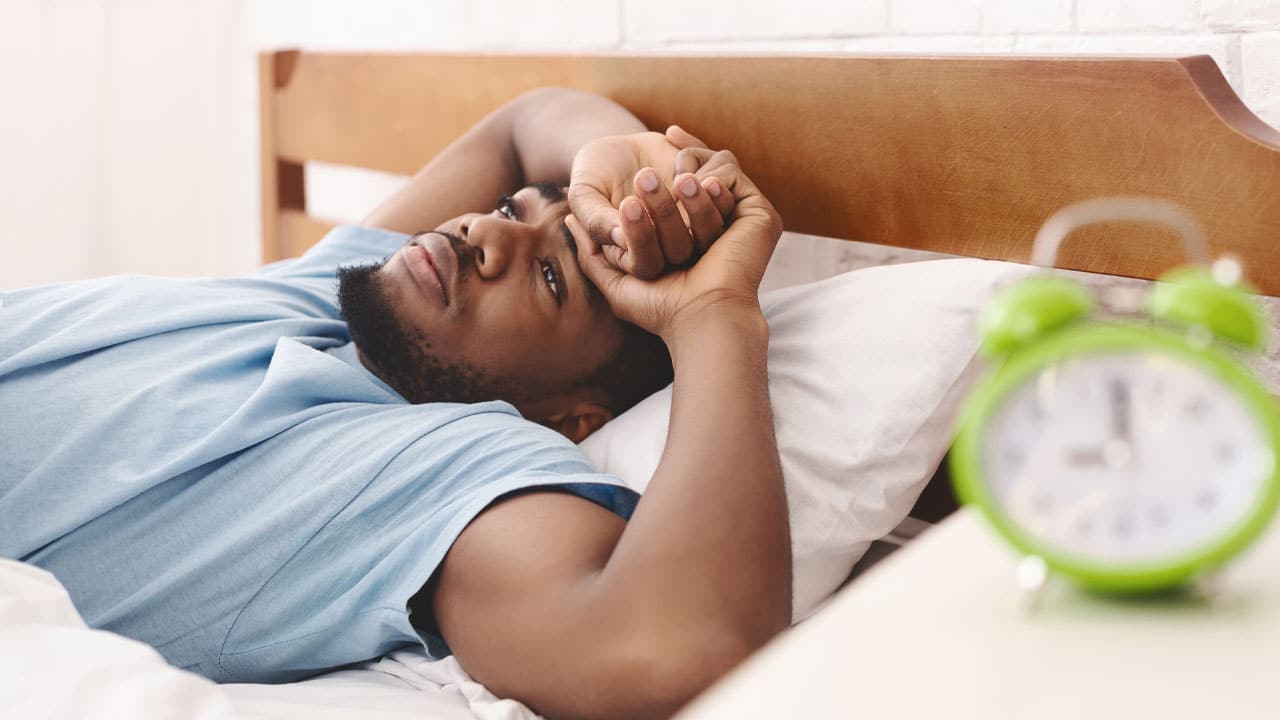
Sleep apnea is a sleep disorder that occurs when an individual’s breathing is interrupted during sleep. Sleep apnea can occur in people of any age, but it is more common in adults. Up to 17% of men and 9% of women aged 50-70 are likely to have sleep apnea. Left untreated, it can lead to serious health problems, including high blood pressure, heart disease, stroke, and memory problems.
Early detection and treatment of sleep apnea are crucial to prevent long-term health issues. However, it can be challenging to know whether you have the disorder unless your sleep partner notices abnormal breathing or you display daytime symptoms like fatigue and headaches.
Another way you may be able to determine whether you have sleep apnea is with a dental checkup. Your dentist may be able to tell if you have sleep apnea by looking for specific oral health signs.
Throat Inflammation
Dentists are often the first healthcare professionals to suspect sleep apnea in their patients. This is because sleep apnea is characterized by chronic inflammation of the throat and palate. Dentists can often detect sleep apnea by observing signs of inflammation in the mouth, such as redness, swelling, and ulcerations.
Bad Breath
Sleep apnea sufferers often have dry mouths due to repeated interrupted and mouth-breathing episodes while sleeping. As a result, they may also experience bad breath (halitosis).
This is because saliva helps to flush out bacteria and other particles that cause bad breath. When the saliva flow is reduced, these particles are more likely to build up in the mouth, leading to an unpleasant odor.
Worn Tooth Surfaces
People who suffer from obstructive sleep apnea (OSA) often grind their teeth at night. This is because they are not getting enough oxygen, which can build up stress and tension in the jaw. It may also be because teeth grinding acts as a protective mechanism against mild to moderate OSA by pushing the mandible forward to open the airway.
Over time, this can cause the teeth to wear down, making them more likely to break or decay.
Scalloped Tongue
A scalloped tongue is often caused by sleep apnea, as the person may unconsciously press their tongue to the bottom of their mouth to open their airway during sleep. Over time, the sides of the tongue appear to be waved or notched, forming uneven ridges along the perimeter of the tongue surface.
Gum Recession
When you suffer from sleep apnea, you are more likely to experience dry mouth because your breathing is interrupted throughout the night. This dryness can lead to gum disease, which can cause your gums to recede.
Increased Number of Cavities
Sleep apnea can lead to increased bacterial growth in the mouth and decreased saliva production. This combination of factors can create an environment that is conducive to cavities.
Get a Better Night’s Rest With Smile On Dental Salon & Sleep Apnea Center
Sleep apnea is a common sleep disorder that affects numerous people. If you are having trouble sleeping, consider getting tested for sleep apnea.
If you have sleep apnea, your dentist may prescribe an oral appliance to help you breathe better at night. Schedule an appointment with Smile On Dental Salon & Sleep Apnea Center today to get started on the path to better sleep and a healthy mouth.
